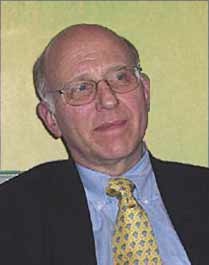 Matthew Harre, one of the most well-known teachers of adult piano lessons in the Washington DC area, prescribes scales, patience, and practice like many of his music-teaching brethren. Yet after a student grasps the technique and musical line of a piece, Harre recommends losing control.
Matthew Harre, one of the most well-known teachers of adult piano lessons in the Washington DC area, prescribes scales, patience, and practice like many of his music-teaching brethren. Yet after a student grasps the technique and musical line of a piece, Harre recommends losing control.
The founder of Washington DC’s Adult Music Student Forum, which provides performance opportunities for adults at all levels, as well as the popular Musical Fossils website, Harre has taught adult piano lessons for forty-five years. Currently, adults comprise two-thirds of his private practice.
Harre first encountered the concept of losing control—or perhaps more accurately, transcending control—from the American composer and teacher, Esther Ballou. He studied with Ballou first at the American University, where he majored in music composition, and then later privately after he graduated. Ballou’s Capriccio for Violin and Piano was the first work by an American woman composer to première at the White House, in 1963, under JKF’s administration.
“She was a captivating woman,” Harre gushes. “She flirted with Buddhism. And that gives a very different perspective on playing.” Ballou advised Harre to enter into the moment. “We would talk about letting the music happen instead of trying to make it happen,” Harre says. “When you’re doing your best playing, you don’t know if you’re in control.”
After Harre developed his teaching practice, he discovered the same philosophy about transcending control in literature for athletes seeking peak performance. “There was a period of time where I learned much more from sports psychologists than I ever learned from books on music or teaching,” Harre jokes.
The idea of transcending control, Harre believes, is a crucial one for adults. Some adults struggle to transition from beginning instruction, which, Harre points out, is all about getting control. Others wrestle with stripping away the self-possession that makes them effective in their professions. “Getting in that space is so hard for adults,” Harre says, “because we’ve been taught to control.”
Harre reminisced about one adult student whom he coached to play a set of finger exercises more quickly. “She said, ‘My fingers know this much better than I do. I just won’t let them go on their own.’” The student struggled to release herself to the music.
To coach students to transcend control, Harre instructs them to focus on what comes immediately next in the music: what sound is next, what body sensations are next? “One never catches up,” Harre says, “but rather is leading the music like a conductor leading an orchestra.” As with many rites of passage, while a teacher guides students to the point of transcending control, students make the final leap themselves.
Ultimately, transcending control is a personal and mystical experience. Harre likes to cite advice attributed to György Sebök, the now deceased Hungarian pianist, to go beyond emotion, to experience a loss of feeling, as though it has been taken away. “You will feel nothing, but your playing will immediately be better.”

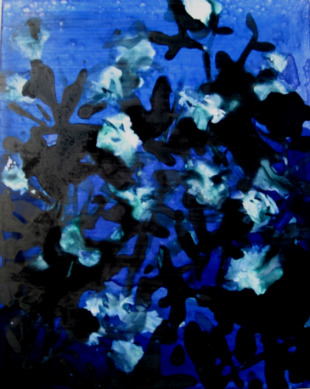
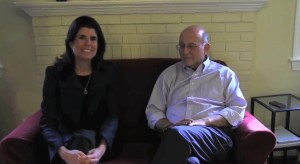
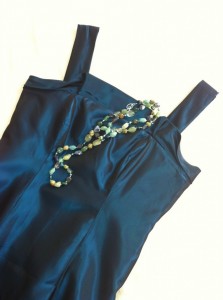
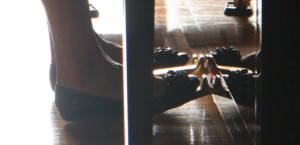
Would love to hear more about this in relationship to performing in public – stage fright.